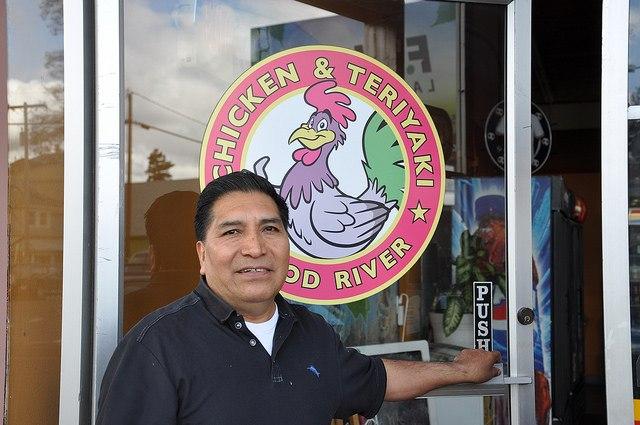
If President Barack Obama is successful, an innovative work visa program will soon be underway to help encourage business startups in the U.S. The White House says the new provision, called the International Entrepreneur Rule, won't just help individuals continue to build their businesses, but it will also economically strengthen American communities.
The newly proposed Homeland Security rule, now in comment period, could help as many as 2,100 immigrants per year stay in the country while they expand or improve their businesses. It essentially uses existing provisions to help broaden opportunities for entrepreneurs who can demonstrate solid investments and partnership/ownership in existing businesses.
Under the new rule, applicants must meet the following criteria:
- Have a significant ownership interest in the startup (at least 15 percent) and have an active and central role to its operations;
- Have a startup that was formed in the United States within the past three years.
- The startup in question must have "substantial and demonstrated potential for rapid business growth and job creation."
The startup's substantial potential can be demonstrated by one of three ways:
- Producing evidence of significant capital investment (at least $345,000) from certain qualified U.S. investors with established records of successful investments;
- Existence of awards or grants (at least $100,000) from certain federal, state or local government entities; or
- Or by satisfying one or both of the above criteria in addition to other reliable and compelling evidence of the startup entity’s substantial potential for rapid growth and job creation.
Applicants are evaluated on a case-by-case basis by the Department of Homeland Security. Successful entrepreneurs can be granted up to two years parole (stay) in the country. "A subsequent request for re-parole (for up to three additional years) would be considered only if the entrepreneur and the startup entity continue to provide a significant public benefit as evidenced by substantial increases in capital investment, revenue or job creation," the U.S. Citizenship and Immigration Services notes.
Not everyone who has a successful business will be eligible for the parole. Some small businesses thrive without substantial injections of capital or loans, subsisting instead on a handful of employees, or as a small sole proprietorship. This new rule is geared toward assisting those business owners who can demonstrate that their store, restaurant, service, firm or other business is providing significant public benefit to his or her community that can be tracked through capital investment, job creation or new revenue.
Still, say supporters, it's a step toward immigration reform and toward acknowledging that immigrants -- both individuals who arrived through legal processes and those who do not have documentation to support their stay, have contributed substantially to the country's growth and potential in recent years. The Obama administration says it is also a nod to the fact that U.S. business infrastructure has by and large, been built by immigrants.
"Immigrant entrepreneurs have always made exceptional contributions to America’s economy, in communities all across the country," the White House state in a press release. "Immigrants have helped start as many as one of every four small businesses and high-tech startups across America, and the majority of high-tech startups in Silicon Valley." Furthermore, says the administration, studies suggest that more than 40 percent of Fortune 500 companies were founded by immigrants or the children of immigrants."
The rule is meant to complement a number of other provisions including Entrepreneur Pathways, which helps entrepreneurs navigate the immigration system, and Entreprenurs in Residence, an earlier program that helped pair USCIS with expertise that could help the government create clear pathways and policies that met the needs and abilities of business owners and other potential immigrants.
"The notice of proposed rulemaking in the Federal Register invites public comment for 45 days, after which USCIS will address the comments received. The proposed rule does not take effect with the publication of the notice of proposed rulemaking. It will take effect on the date indicated in the final rule when a final rule is published in the Federal Register," reports the USCIS.
More information can be obtained by visiting www.uscis.gov.
Image: U.S. Department of Agriculture
Jan Lee is a former news editor and award-winning editorial writer whose non-fiction and fiction have been published in the U.S., Canada, Mexico, the U.K. and Australia. Her articles and posts can be found on TriplePundit, JustMeans, and her blog, The Multicultural Jew, as well as other publications. She currently splits her residence between the city of Vancouver, British Columbia and the rural farmlands of Idaho.














